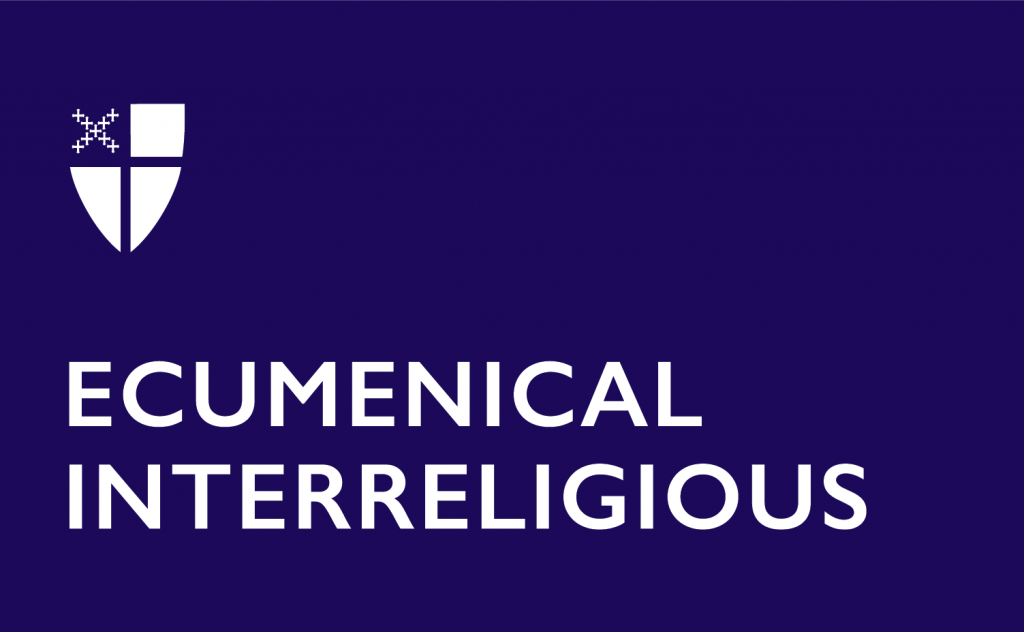From the Rev. Margaret Rose: Fall 2022
“Don’t let them take it away!” has been a common refrain in political ads this election season. Whatever the concrete issue, social media often focuses more on what will be lost if the opponent wins, rather than what the candidate will do to find solutions to our common problems. In these admittedly troubling times—COVID, inflation, war, refugee and border crises, climate change—it is reasonable to fear there may not be enough or that one’s way of life is in peril. In crisis, “holding on to what we’ve got” or “hunkering down” is sometimes an automatic response.
Yet when we step out beyond our like-minded circle, we may discover not only allies in finding solutions, but that diversity offers new possibilities for thinking, loving, and doing. Sharing stories and building friendships with those “not like us” is a way to see ourselves in a new light, to learn again who we are as God’s beloved and perhaps to experience an abundance we had not expected.
This has become clear to me in the last month as The Episcopal Church participated in National Council of Churches Interreligious Dialogues: Hindu, Buddhist, Muslim, Jewish (the first of these meetings to be in person since 2019). The Buddhist dialogue visited the Japanese American Museum exhibit on “Sutra and Bible,” noting how these sacred texts sustained Japanese Americans incarcerated in the U.S. during World War II. With our Hindu partners, we began a discussion of nationalisms. The Muslim dialogue met at two mosques in Chicago and looked at questions of religious freedom and how we might respond to issues of security. The Jewish dialogue meets in late November to discuss the rise of racial and religious violence and how we might respond together.
In each dialogue, relationships are strengthened by prayer and discussion, enriched and called to love and act beyond our own kin.
In this newsletter, you will find stories about our ecumenical and interreligious partnerships, reaching “Beyond The Episcopal Church” and toward an abundance which we can only gain when we work together.
Margaret Rose

